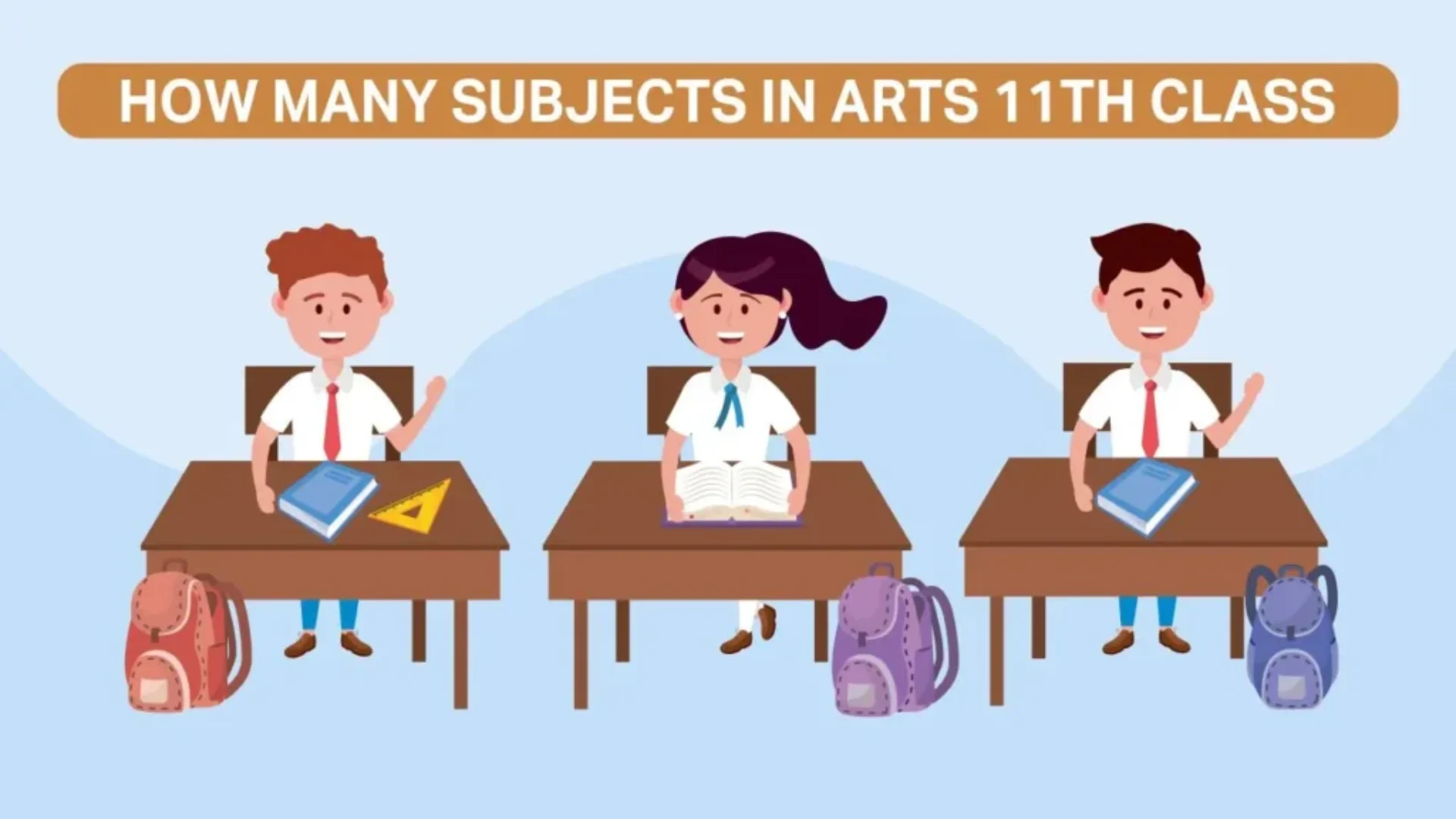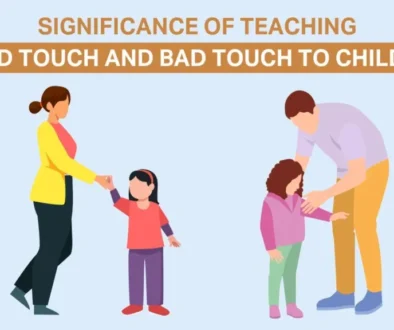How Many Subjects In Arts 11th Class
Many of you get confused regarding how many subjects in arts 11th class? Choosing the right subjects for your 11th-grade education is a crucial decision that can significantly impact your academic journey and future career choices. In the realm of arts, students are presented with a wide array of subjects to choose from, each offering a unique perspective on the world of humanities and creativity.
In this blog, we will discuss on how many subjects in arts 11th class, help you make an informed decision about your academic path.
How Many Subjects In Arts 11th Class: Compulsory Subjects
English
English is a fundamental subject in the 11th-grade arts curriculum. It not only strengthens your communication skills but also introduces you to literary masterpieces, critical thinking, and creative writing. The study of English in this grade often covers both literature and language, expanding your understanding of the English language’s nuances.
History
History is a subject that allows students to explore the past and gain insights into the evolution of societies, cultures, and civilizations. In 11th grade, you may encounter topics such as world history, ancient civilizations, modern history, or specific historical events and figures depending on your curriculum.
Geography
Geography provides a comprehensive understanding of the Earth’s physical features, climates, and the impact of human activities on the environment. It can be an excellent choice if you have a keen interest in environmental issues, global affairs, or urban planning.
Political Science
Political Science examines political systems, government structures, and the dynamics of power and governance. Studying this subject can help you develop a deeper understanding of politics, international relations, and the role of citizens in shaping their societies.
How Many Subjects In Arts 11th Class: Optional Subjects
Sociology
Sociology delves into the study of human society, its institutions, and the behaviour of individuals within those structures. It explores various sociological theories and helps students analyze and interpret social phenomena.
Economics
Economics introduces you to concepts like supply and demand, market structures, and economic policies. It provides valuable insights into the functioning of economies at both national and global levels.
Psychology
Psychology offers a glimpse into the human mind and behaviour. Studying psychology can be intriguing as it covers topics such as cognitive processes, social behaviour, personality development, and mental health.
Fine Arts
Fine Arts encompasses various disciplines, including visual arts, performing arts, and applied arts. Depending on your school or curriculum, you may have the opportunity to choose between subjects like painting, sculpture, music, dance, or theatre.
Music
Music education in the 11th grade can involve music theory, history, and practical aspects like playing musical instruments or singing. It’s an excellent choice for those passionate about music and its cultural significance.
Physical Education
Physical Education promotes physical fitness, teamwork, and a healthy lifestyle. It typically includes activities like sports, yoga, and fitness training.
Philosophy
Philosophy is the study of fundamental questions about existence, knowledge, ethics, and the nature of reality. It encourages critical thinking and philosophical inquiry.
Home Science
Home Science explores practical aspects of managing a home and family life. Topics may include nutrition, clothing, interior design, and child development.
Computer Science
Computer Science is a multifaceted field encompassing the study of algorithms, data structures, programming languages, and computer systems. It explores the principles of computation and problem-solving through software and hardware.
Conclusion
In conclusion, this blog post on how many subjects in arts 11th class curriculum offers a rich tapestry of subjects, each providing a unique perspective on the world and nurturing various skills and interests. When selecting your subjects, it’s essential to consider your passion, career aspirations, and future goals.





